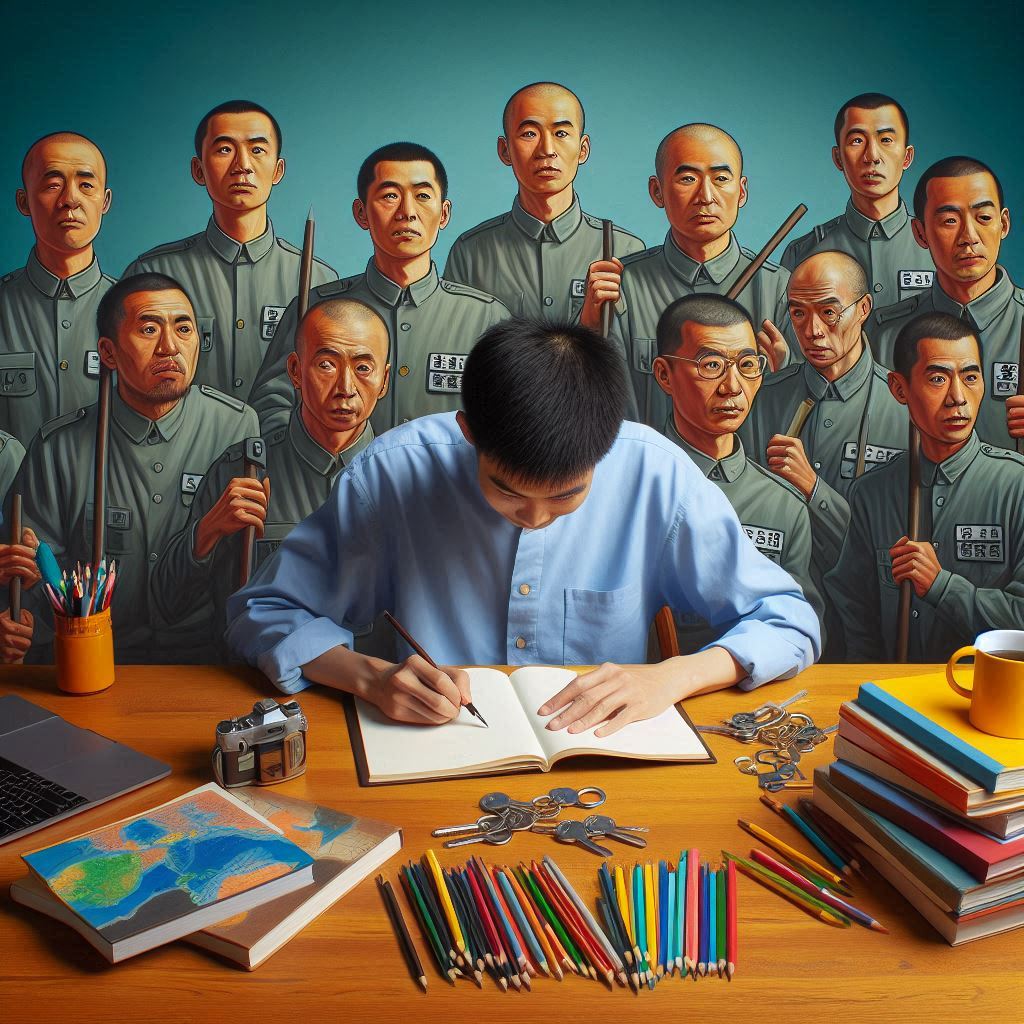Scientists in the United States, the United Kingdom, and the European Union are accelerating their efforts to develop quantum computing technology after researchers in China successfully observed the world’s first room-temperature time crystal.
Quantum computing represents a significant advancement in computational technology, utilizing quantum theory principles. This technology leverages phenomena like superposition, interference, and entanglement, enabling the resolution of complex problems with far greater efficiency than classical computers.
Combining computer science, physics, and mathematics, quantum computing paves the way for innovations across various fields.
Western Countries Race to Develop Quantum Computing
In July 2024, a team of physicists from Tsinghua University in China published detailed research on creating and observing room-temperature time crystals. This discovery has spurred Western nations to compete in quantum computing innovation.
According to a report from Cointelegraph, the U.S. has launched quantum computing initiatives at both national and state levels.
For instance, the U.S. Defense Advanced Research Projects Agency (DARPA), a Department of Defense agency, has allocated $140 million to develop a new quantum computing center in Chicago, Illinois.
On July 31, the UK government announced an investment of $127 million to develop five quantum computing research centers, led by the University of Oxford.
That same day, the Massachusetts Institute of Technology (MIT) announced a multi-million-dollar collaboration with the University of Copenhagen in Denmark to share research and advance quantum computing solutions.

China’s Success in Observing Room-Temperature Time Crystals
Time crystals are a unique state of matter first proposed by physicist Frank Wilczek in 2012. Like ordinary crystals, time crystals have molecules bound in a repeating pattern in both space and time, oscillating between different configurations.
In 2021, an international team of scientists working with Google’s quantum computing lab simulated time crystals using quantum computers. This breakthrough demonstrated the potential of quantum computers to explore new states of matter, setting the stage for advancements in quantum technology and time crystals.
In July 2024, the team from Tsinghua University reportedly created room-temperature time crystals. This achievement allows the use of time crystal technology in non-laboratory equipment and could significantly accelerate the development of more practical and efficient quantum computers.
Realizing room-temperature time crystals could address one of the biggest challenges in quantum computing: creating stable quantum bits (qubits) without the need for extensive power and infrastructure for their formation and maintenance.
Impact on Cryptocurrency
China’s advancements in quantum computing technology have significant implications for its future use and potential impact on cryptocurrency.
Quantum computing could transform how we perceive security in the crypto world. With its ability to solve existing cryptographic algorithms, quantum computers could render many systems currently considered secure vulnerable. This means data and transactions thought to be safe might become susceptible to manipulation.
Besides posing a threat, quantum computing also offers opportunities for new innovations. Developing cryptographic methods resistant to quantum attacks becomes a priority. If successful, this technology could make blockchain and crypto transactions faster and more secure, paving the way for broader and more complex applications in the future.
Follow our Twitter : https://x.com/safubit
Read : Ex-Binance CEO Changpeng Zhao Commences Prison Term (dinodapps.com)




